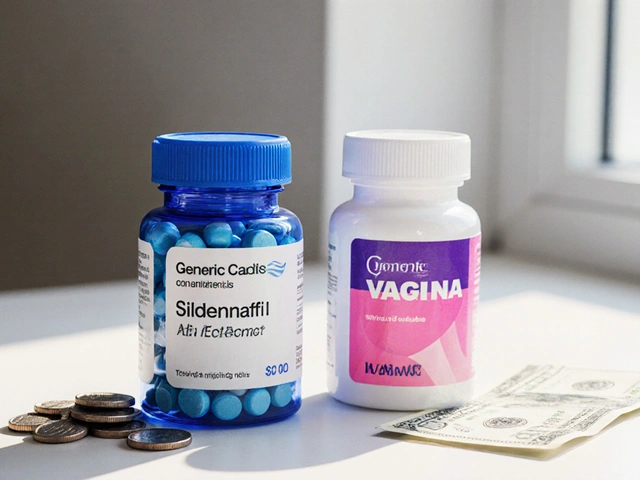Levamisole: What It Is, How It Works, and What You Need to Know
Ever heard of levamisole and wondered if it’s something you might need? It’s a drug that started out as a wormer for animals but later found its way into human medicine. While it’s not as common as many other meds, it still pops up in certain treatments and even in some illicit products. Below you’ll get the basics, dosing tips, and safety warnings so you can tell whether levamisole is relevant to you.
Common Uses and Dosage Guidelines
In the medical world, levamisole is approved in a few countries to treat colon cancer when used with 5‑fluorouracil. It’s also been tried for autoimmune conditions like rheumatoid arthritis, although doctors now favor newer drugs. In veterinary practice, the drug is still popular for deworming livestock and pets because it’s cheap and works well against roundworms.
If a doctor prescribes levamisole for you, the typical adult dose for cancer‑adjunct therapy is 2‑3 mg per kilogram of body weight, taken once a day for three weeks followed by a two‑week break. For rheumatology use, doses are usually lower—about 2 mg/kg every other day for a short course. Always follow the exact schedule your pharmacy gives you; missing a dose or stretching the break period can reduce effectiveness.
When used in animals, the dose is calculated per kilogram of weight as well, but the exact numbers differ by species. Farmers usually rely on a veterinarian’s advice to avoid under‑ or overdosing their herd.
Side Effects and Safety Tips
Levamisole isn’t free of side effects. The most common complaints are nausea, loss of appetite, and mild skin rash. Some people notice a drop in white blood cell counts, which can lead to infections if it gets severe. Because of this, doctors often run blood tests before starting treatment and during the therapy to keep an eye on your immune system.
Rare but serious reactions include severe allergic responses, liver inflammation, and nerve problems that cause tingling or weakness. If you feel any of these, stop the medication and call your healthcare provider right away.
A big safety note: levamisole has been found as an adulterant in illegal cocaine, which can cause sudden, life‑threatening low blood pressure and skin necrosis. This makes it especially risky for anyone using illicit drugs. If you suspect exposure, seek emergency care.
Pregnant or nursing women should avoid levamisole unless a doctor says the benefits outweigh the risks. The drug can cross the placenta, and we don’t have enough data on safety for babies.
Interaction-wise, levamisole can boost the effects of certain chemotherapy agents, but it may also interfere with blood thinners like warfarin. Always list all meds, supplements, and herbal products you take when your doctor prescribes levamisole.
In short, levamisole can be a useful tool for specific cancers and some animal health needs, but it demands careful monitoring. If you’re prescribed levamisole, stay on top of follow‑up labs, watch for side effects, and never share the medication with others.
Got more questions about levamisole? Talk to your pharmacist or doctor—they can break down how the drug fits into your treatment plan and help you stay safe while taking it.





